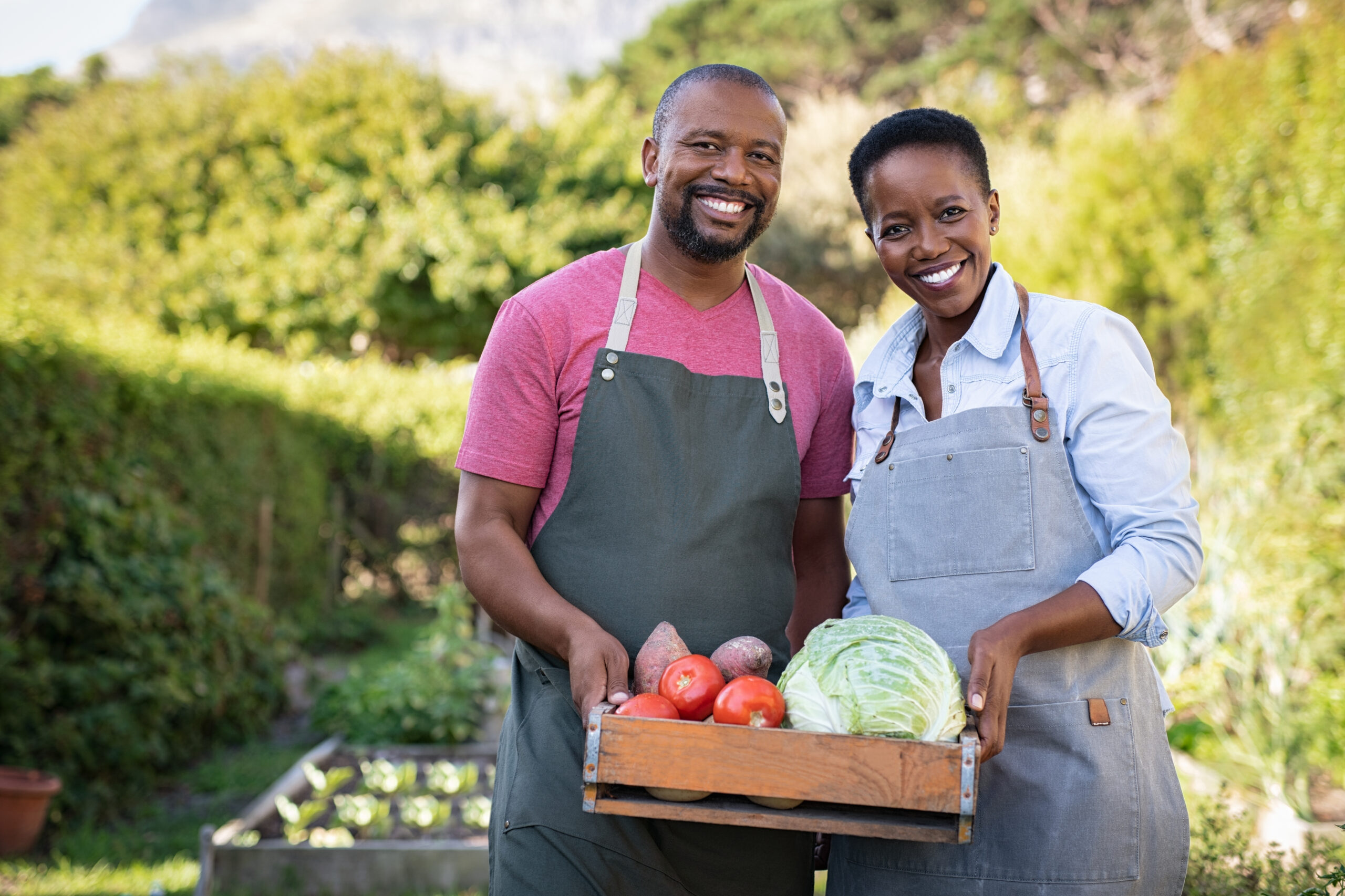By Nathan Loyd Ndungu
The Hidden Potential in African Soil
I’ve walked through farms in the highlands of Kenya and Rwanda. I’ve seen hardworking farmers till the soil before dawn and carry heavy loads to market, hoping for a fair price. I’ve spoken with families whose lives depend on the success of each growing season. These are not just farms; they are dreams rooted in red earth. And yet, for too long, these dreams have been limited to local markets, small returns, and uncertain futures.
But things are changing. And they must.
Africa has the land, the climate, and the people. What we need now is access. Access to fair prices. Access to modern tools. And most importantly, access to global markets.
Why International Trade Matters
When we connect African farmers to international markets, we don’t just increase profits. We build bridges that bring dignity, empowerment, and stability to entire communities. Exporting goods like avocados, macadamia nuts, tea, and coffee means farmers can plan beyond tomorrow. They can send their children to school, invest in better equipment, and protect their land for future generations.
But to make this leap from village farms to global shelves, we need more than just good intentions. We need strategy. We need systems. We need partners who understand that trade must be fair and farmers must be respected.
Lessons from Avoveg
When I started Avoveg Health Kenya Ltd, I wasn’t just trying to create another agribusiness. I was trying to prove a point: that African-grown produce, when harvested ethically and handled professionally, could compete at the highest levels. Today, we export avocados to Europe and the Middle East. But behind every shipment is a farmer who was trained, paid fairly, and supported with resources they never had before.
The success of Avoveg is not just in the numbers. It’s in the stories. The woman who was once selling produce at a roadside stand is now managing a small farm cooperative. The young man who once struggled with employment now oversees post-harvest handling at one of our facilities. This is the kind of impact I believe international trade can bring when done right.
The Challenges Farmers Face
Despite the potential, African farmers still face many challenges. First, there’s limited access to capital and modern farming equipment. Then there’s the issue of post-harvest losses, which can wipe out a large portion of their earnings. Add to that poor infrastructure, limited knowledge of international standards, and inconsistent government policies, and you get a system stacked against the very people we rely on for our food.
That’s where we as entrepreneurs, policymakers, and investors must step in. It’s not about handouts. It’s about investing in infrastructure, building cold chain systems, providing training, and creating real market pathways.
Three Keys to Thriving in Global Trade
Based on my journey, there are three things I believe will help African farmers thrive in international trade.
1. Build Capacity with Training and Tools
Farmers need knowledge and access. That means training in global standards, understanding certifications, and knowing how to manage pests organically or improve crop yield with minimal input. It also means giving them access to better tools—whether it’s irrigation systems or harvest handling crates.
2. Create Transparent Market Linkages
Too often, middlemen eat up the value meant for farmers. Technology can help change that. Platforms that connect farmers directly to exporters, and traceability systems that show where the food comes from, are crucial. At Avoveg, we’ve introduced traceability in our supply chain, so both buyer and grower feel confident.
3. Push for Policy Support
Governments must create a favorable environment for agribusiness. That includes investing in rural infrastructure, reducing export red tape, and offering incentives for companies that buy directly from smallholder farmers. Public-private partnerships can also play a big role in scaling successful models.
From Local Struggle to Global Strength
I’ve met too many farmers who tell me, “We just want a chance.” A chance to prove that what we grow is valuable. A chance to break free from cycles of poverty. A chance to be treated not as charity cases, but as skilled professionals with something important to offer the world.
International trade, when approached with ethics and strategy, gives them that chance.
We must remember that the avocado you eat in London or the macadamia nut in a Tokyo grocery store often starts its journey on a small farm with no tractor, no internet, and sometimes no electricity. But with the right systems, that farm can feed families across oceans and rewrite the future for the people who work it.
Final Thoughts
The story of African agriculture is not just one of survival—it’s one of potential. It’s about communities rising when given the tools, training, and trust. It’s about changing the narrative from dependency to dignity.
At Avoveg and through Loyd Global Consulting, I continue to advocate for this shift. My mission is not just to export crops but to export a new mindset—one where African farmers are seen as global contributors and leaders in sustainable agriculture.
If we build the right bridges, village farms will not remain hidden stories. They will become global examples of what’s possible when trade is ethical, business is purposeful, and communities are truly empowered.
